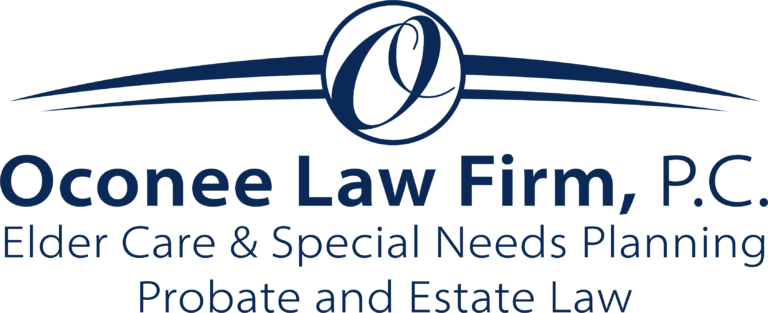Do I Need an Estate Plan If I’m Not Married?
The County 17 recent article entitled “Even ‘Singles’ Need Estate Plans” says if you die intestate (i.e., without a last will and testament), your assets could be subject to the probate process. Translation? Your assets would be distributed by the court according to your state’s intestate succession laws. That means it’s done without any regard for your wishes. Even if you don’t have children, you may have nephews or nieces, or even children of cousins or friends, to whom you would like to leave some of your assets. This might include not just money but also cars, collectibles, or family memorabilia. However, if everything you own goes through probate, there is no guarantee that these people will get what you want them to have.
If you want to leave something to family members or close friends, you will need to make this instruction in your last will. You also may want to provide support to some charitable organizations. You can just name these charities in your last will, but there may be options that could provide you with more benefits.
One is a charitable remainder trust. With this, you would transfer appreciated assets, like stocks, mutual funds, or other securities, to an irrevocable trust. The trustee, whom you’ve named (you could serve as trustee yourself) can then sell the assets at full market value, avoiding the capital gains taxes you’d have to pay if you sold them yourself, outside a trust. If you itemize, you may be able to claim a charitable deduction on your taxes. With the proceeds, the trust can purchase income-producing assets and provide you with an income stream for the rest of your life. At death, the remaining trust assets will pass to the charities you have designated.
Aside from family members and charitable groups, there’s a third entity that’s critical to your estate plans: you. You should make arrangements to protect their interests, but, in the absence of an immediate family, as a single person, you need to be especially watchful of your financial and health care decisions. As a result, as part of your estate planning, you may want to include these two documents: durable power of attorney and a health care proxy.
A durable power of attorney lets you name a trusted individual to manage your finances, if you become incapacitated. This is especially important for anyone who doesn’t have a spouse. If you become incapacitated, your health care proxy (also known as a health care surrogate or medical power of attorney) lets you name another person to legally make health care decisions, if you are unable to do so.
Estate planning moves can be complex, so you’ll need help from an experienced estate planning attorney. While you may not have an immediate family, you still need to take steps to protect your legacy.
Reference: County 17 (May 24, 2021) “Even ‘Singles’ Need Estate Plans”
Suggested Key Terms: Estate Planning Lawyer, Wills, Intestacy, Probate Court, Inheritance, Charitable Remainder Trust Capacity, Irrevocable Trust, Power of Attorney, Healthcare Directive, Health Care Proxy, Health Care Surrogate, Medical Power of Attorney, Probate Attorney, Charitable Donation

